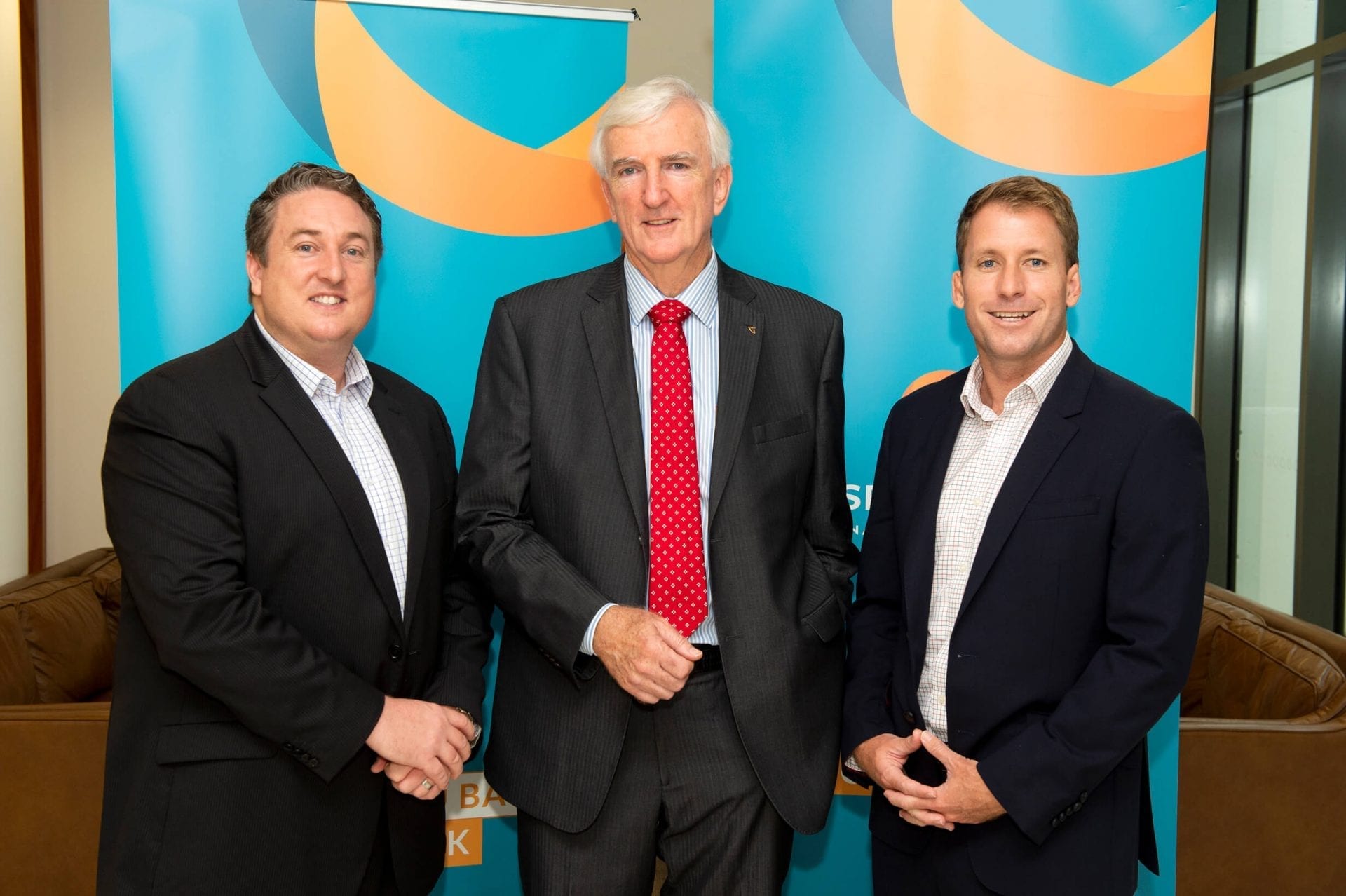we have answers.
On 18 October Rapsey Griffiths hosted finance and economics commentator, Michael Pascoe at an event in Newcastle. Michael informed and entertained the audience with business and political outcomes from the Banking Royal Commission and his economic outlook for the Australian economy.
Here are our takeaways from the event:
1. Vertical integration – It’s over
The idea that big players in the banking sector can both make and sell financial products was a hot topic in the Royal Commission Interim Report. It found the business model to be ‘conflicted’. Vertical integration is ‘gone’, despite many in the banking sector still using this model.
2. Sales commissions – Incentives driving unethical behaviour
The Royal Commission Interim Report found that banks and other financial service entities are incentivising sales team to sell products, not always in the best interest of the client. Sales strategies focussed on the bottom line will no longer be accepted. Mortgage brokers will need to demonstrate they’ve acted in the best interest of the client.
3. Insurance Policies – The bar needs raising
No more ‘junk’ insurance policies. The interim report didn’t mention the insurance industry, but we know insurance policies and sales tactics fall short of client expectations. Financial institutions won’t get away with selling ‘junk’ insurance anymore. Watch this space!
4. Superannuation – Advice to benefit members
The Royal Commission Interim Report found that financial advice around superannuation was not always focussed on the best client outcome. Advice can’t be given to benefit the fund manager. It must be in the best interest of the client.
5. Lending – Market tightened and non-bank lending on the rise
Tightening of credit has happened over the past few years. We’re at the lowest level of investor loans in decades, whilst the average loan size has increased. Big banks have played the tightening of investment credit differently. The over-lending identified in the Interim Report is predicted to prompt further tightening on lending. The RBA doesn’t want a credit crunch at this stage of the economy’s performance. It also identified that non-bank lending is on the rise.
6. Low interest rates – It’s not size, it’s serviceability
With interest rates being so low, the average Australian household has no problem carrying their debt. The cost of servicing is what it was over 10 years ago and the Reserve Bank is acutely aware of that. This is why interest rates are going nowhere. Most of peoples’ debt is being invested.
7. Wage increases – Where are they?
Nationally there is a suppression of wages growth. With the exception of mining and construction, there is a mindset in Australian business that you don’t need to give wage increases. The NAB Business Conditions Survey revealed the Hunter has benefited from the mining industry taken off again, with commodity earnings up and wages following. There is also a flow-on effect from the infrastructure boom in the region.
8. ASIC – Needs to lift its game
ASIC was heavily criticised over their regulation of the industry. ASIC, as we know it will come to an end with the final report. They will need to focus more on ‘big litigation’ issues and forced to go after ‘bigger fish’, not the little guys. The refreshing thing about the Royal Commission will be the need for enforcement over negotiation.
9. Increased debt – Increasing wealth
People in debt are getting richer. The Reserve Bank says the reason Australia has such extraordinarily high household debt globally, is because affordable housing and our rental housing is provided by households. Mum and Dad landlords provide our rental accommodation. That’s not the case for most of the world. Government housing is at its lowest level in around forty years. For most of us though these debts are making us richer. Our debt has gone up, but our wealth has gone up a lot more.
10. 27 years of unbroken economic growth – Australia is the world’s best
Australia is a world champion in economic growth. We are the best. We have become spoilt, because it has been so long since times were genuinely hard in this country. We’ve forgotten what hard times were really like.


